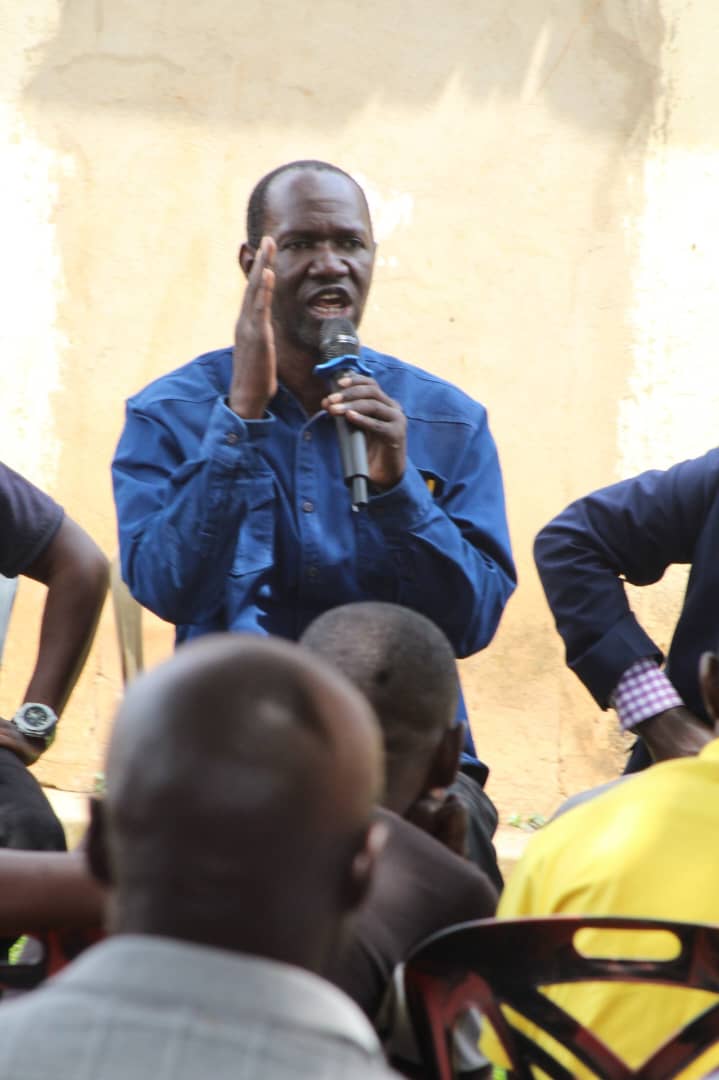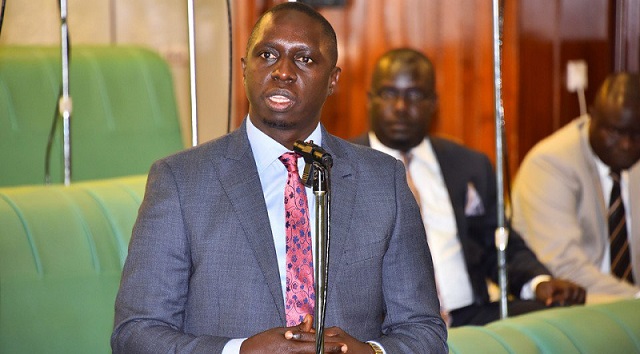The Uganda Revenue Authority (URA) has launched a full-scale offensive against tax evasion in the real estate sector, a rapidly expanding industry that has become a hotbed for revenue leakage through deliberate under-declarations, off-book transactions, and professional collusion.
With property development surging in peri-urban areas such as Wakiso, Mukono, and greater Kampala, URA says many developers are engaging in sophisticated schemes to evade taxes—undermining national revenue collection efforts and denying the government critical funds for infrastructure and service delivery.
“Real estate has grown explosively, but so have the tax evasion tactics,” a senior URA official noted. “We are now targeting both the transactions and the professionals behind them.”
One of the most common forms of fraud involves deliberately undervaluing property sales. For instance, a property sold for UGX 500 million may be declared at only UGX 300 million to lower Capital Gains Tax and stamp duty obligations. In many cases, both buyer and seller collude to hide the true value, often transacting the remainder in untraceable cash or mobile money payments.
Developers also exploit loopholes by creating multiple shell companies and rotating property ownership among them to obscure true beneficiaries. Others misclassify developed land as agricultural to enjoy lower property rates, particularly in districts like Wakiso.
“The use of fake construction invoices to inflate costs and reduce taxable income is rampant,” URA revealed, citing cases where entire rental blocks are developed without being declared. “Some landlords declare only 5 occupied units while 20 are connected to utilities—it’s a massive red flag.”
To tackle this, URA is rolling out an ambitious Real Estate Tax Compliance Enhancement Strategy, focusing on data integration, digital tracking, and enforcement partnerships.
Data Integration and Technology-Driven Monitoring
A major part of the strategy involves working with the Ministry of Lands, Uganda Land Commission, Kampala Capital City Authority (KCCA), and municipal councils to build a centralized, real-time database of all property transactions, construction permits, and title changes.
This digital infrastructure will allow URA to flag discrepancies between reported property values and actual market trends. A similar reform in Rwanda has led to a sharp rise in property tax compliance—and Uganda aims to replicate this success.
Additionally, URA is extending its Electronic Fiscal Receipting and Invoicing System (EFRIS) to the real estate sector. This would mandate digital invoicing for all property transactions, enabling real-time tracking of sale prices, rental income, and construction costs. By automating financial transparency, EFRIS will close the gaps exploited by developers using fake invoices and ghost rentals.
Cross-Checking with Utility and Bank Data
URA is also collaborating with UMEME and the National Water and Sewerage Corporation (NWSC) to access utility data for cross-verifying rental declarations. Properties claiming five tenants but showing 20 active water or power connections will now be flagged for audit. This low-cost, high-impact verification method could revolutionize how rental income is monitored.
Furthermore, URA is proposing a UGX 5 million limit on cash transactions for property deals, forcing payments through traceable banking channels. Commercial banks may soon be required to verify a developer’s URA tax clearance before releasing loans, a compliance model that has worked effectively in Rwanda.
Empowering Local Councils and Professional Oversight
Recognizing the importance of grassroots intelligence, URA is piloting a mobile-based reporting platform for LC1 and LC2 leaders to document new constructions and property sales in their jurisdictions. These officials will be incentivized to report unregistered developments, dramatically increasing URA’s visibility into informal real estate activity.
At the same time, URA is clamping down on professional enablers—lawyers, valuers, surveyors, and accountants—who assist clients in fraudulent practices such as falsifying valuations or structuring fake transactions. In collaboration with the Institute of Certified Public Accountants of Uganda (ICPAU) and the Uganda Law Society (ULS), disciplinary actions including license revocation are being pursued.
“Professionals cannot be facilitators of fraud. They must be held to account just like the developers they serve,” said a URA legal advisor.
Education, Blacklisting, and Global Cooperation
To improve voluntary compliance, URA is working with the Uganda Real Estate Agents Association (UREAA) to deliver targeted tax education workshops for property developers and agents. These peer-led sessions aim to clarify filing procedures, legitimate deductions, and transfer pricing regulations in a format that resonates with industry players.
URA also plans to maintain a public blacklist of sanctioned developers, updated quarterly, to deter fraud through reputational consequences. This “name-and-shame” list will be published on all government platforms and serve as a consumer warning system.
On the international front, Uganda is working toward implementing the OECD’s Common Reporting Standard (CRS) for automatic information exchange with countries where foreign developers hold offshore accounts. This will help unmask profit-shifting schemes and ensure multinational real estate players pay their fair share of Ugandan taxes.
—
Conclusion: A New Era of Accountability in Real Estate
As Uganda pushes for greater domestic revenue mobilization, URA’s real estate compliance drive sends a strong message: no sector is above the law. Through cutting-edge data tools, inter-agency collaboration, and professional accountability, URA is closing the net on tax evaders in one of the country’s most lucrative industries.
With the right reforms and partnerships, URA believes Uganda can build a real estate sector that is not only profitable—but also transparent, compliant, and fair for all.
Do you have a story in your community or an opinion to share with us: Email us at Submit an Article








